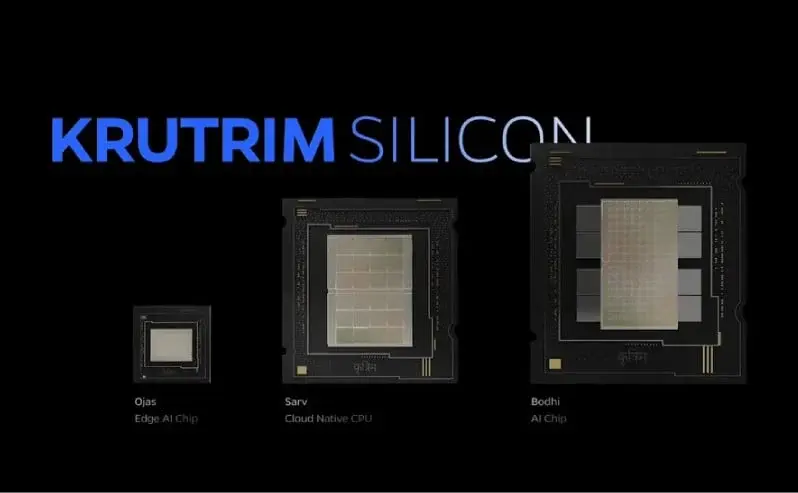Ola Electric, a company renowned in India for its electric scooters and ride-hailing services, has taken the industry by surprise with its announcement to venture into AI hardware. The company revealed its strategy to create a series of AI chips, marking a significant step towards India’s goals in the expanding field of artificial intelligence.
AI Chip Models and Features
The initial lineup of chips, set to be released in 2026, consists of three models: Bodhi 1, Ojas, and Sarv 1. Bodhi 1, recognized as the first AI chip to be designed and manufactured in India, focuses on AI inferencing. It is poised to be a formidable option for large language models (LLMs) and applications that need high-performance vision processing. Ola asserts that Bodhi 1 stands out in power efficiency, an essential attribute as AI systems increasingly demand more power.
Ojas, the second chip, is tailored to meet the rising demand for edge AI solutions. It is versatile enough for a range of applications in the automotive, mobile, and IoT sectors. Ola intends to incorporate Ojas into its future electric vehicles, potentially enhancing capabilities like charging optimization and advanced driver assistance systems (ADAS).
Sarv 1 and Market Challenges
The third chip, Sarv 1, is a general-purpose server CPU utilizing the Arm instruction set, crafted to address the growing AI computational requirements of the data center industry.
During Ola’s presentation, the company showcased impressive performance and power efficiency metrics for their prototype chips, making comparisons with Nvidia GPUs. However, some important details were omitted, such as the specific Nvidia GPU model used as a benchmark and the location where these chips will be manufactured.
India’s Position in the Global AI Market
This development highlights India’s aspiration to join the global AI competition, which is currently dominated by the US and China. With a large pool of tech talent, India is well-positioned to advance in AI. Furthermore, the ongoing restrictions on the sale of advanced technology to China by companies like Nvidia and ASML may make India an appealing alternative market for these firms.
Nonetheless, Ola is confronted with substantial obstacles to make its bold AI chip initiative a reality. The AI hardware sector is currently ruled by well-established companies, and Ola must prove that its chips can hold their own in terms of performance, power efficiency, and cost. Additionally, the company needs to build a robust manufacturing infrastructure to produce these sophisticated silicon components.


Leave a Reply